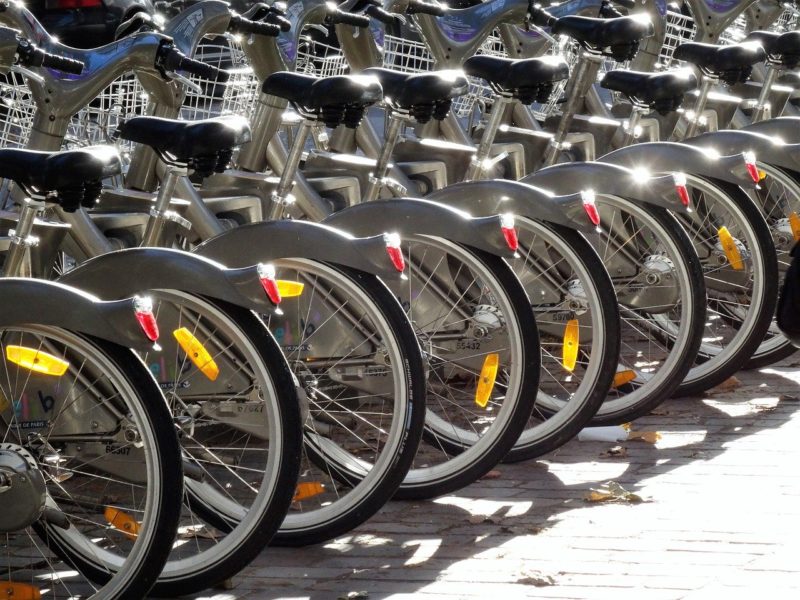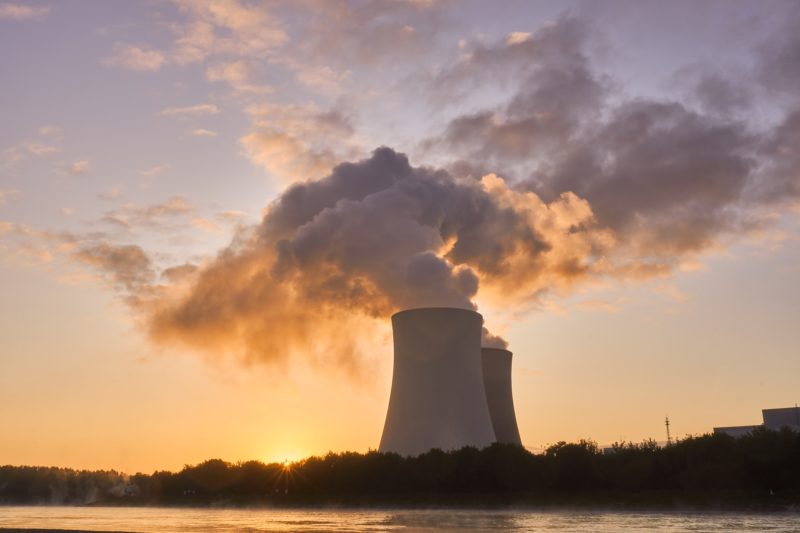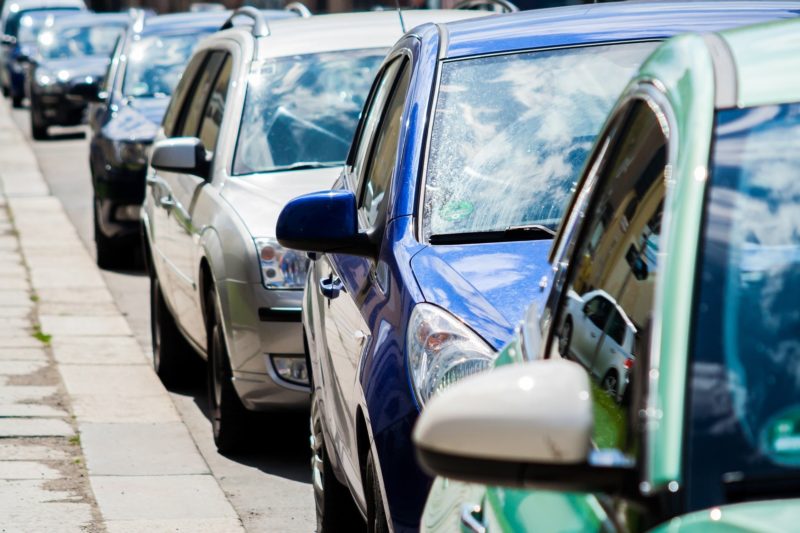@Micha Sager
Looking at the results of the recent municipal elections in France, it appears that a green wave (what French newspapers have termed as “la vague verte”) is rolling over the country. For the first time, Bordeaux, Lyon, Strasbourg and many other French cities now have a mayor representing the green party (Europe Écologie – Les Verts).
In Paris, Anne Hidalgo was re-elected. Even though she is a member of the struggling Parti socialiste (PS) she has put in place many ecological policies in the capital over the last few years. There has been an emphasis on banning cars from the city centre, for example in the streets near the Seine, which is part of Hidalgos agenda to reduce the massive issue of smog.
Her competitor from the green party did not envisage winning on a platform of ecological policy against her, and therefore prematurely withdrew his candidacy.
It should be mentioned that the 2020 voter turnout was very low. Less than 40 per cent of voters turned up at the run-off election. This may at first appear to be the impact of the Covid-19 pandemic, especially given that postal voting is not available in France. However, voter turnout has been dropping and was at a historical low in the last legislative election in 2017.
But how important are ecological topics and the fight against climate change to the French public? Protests from climate groups like Fridays for Future and Extinction Rebellion have gained many French supporters. We asked three young French people who were kind enough to answer our questions on their perspective of the current situation. Below are their comments in the three languages of 42 Magazine: French, English and German.
Blandine, 30, lives east of Paris and works in the capital for a PR agency. She is happy about the new bike lanes that have been spontaneously installed during the lockdown. Nevertheless, she thinks there is still a long way to go for creating more environmentally friendly and liveable cities:

@Michel Bertolotti
42: In your opinion, are the votes for the green party in the municipal election a sign of an ecological change in France?
Blandine: Environmental concerns are definitely more mainstream, especially in cities where residents tend to have no connection whatsoever to nature. Will a change in mindset bring about change in policy? Cities can take small steps towards improving daily life by reducing their environmental footprint, but they unfortunately have no impact on national policy making, industrial or economic. We will see what happens?
42: Do you believe that politicians have to do more to protect the environment and fight climate change? And if so, which steps do you believe are the most important now?
Blandine: Of course, and not only politicians: residents, cities, companies, industrial players all have to take responsibility. Political leaders have to tie it all together. It’s a difficult balance, as seen during the lockdown: Is the reduction of consumerism, industrial activity that we and our ecosystems urgently need, compatible with society’s current needs as well as catering for all aspects of sustainability, including social justice?
42: Since you are spending a lot of time in Paris due to your job, what do you think about the reduction of car traffic and the extension of bike lanes in the city centre? What else do you think would be important for the environment in Paris?
Blandine: Car traffic has been greatly reduced during lockdown, but in my opinion, it has now returned to its previous level. There are a lot more cyclists, including electric bicycles on the bike lanes, but many commuters have also opted for cars to avoid crowds in public transport post-lockdown. So as a cyclist, I feel I still have to fight against the traffic on my way: motorcycles that are using bicycle lanes, heavy pollution and noise pollution from constant honking (whose purpose I do not know). It’s pretty much business as usual. Nevertheless, some positive changes have occurred: There are more bike lanes now, especially in cities outside Paris that did not have any before. And more importantly, the lanes have improved: they have been specifically adapted to the needs of cyclists, with enhanced intersection management, and they are separate from the main car and bus lanes. There have been efforts made so that the lanes can actually be properly used by cyclists.
As for the second question, there’s no nature in Paris whatsoever, so one big challenge for municipal teams in Paris and greater Paris is to bring life back to our residential areas and create better access to the more remote and greener suburbs and forested areas.
Ben, 25, grew up in Compiènge (Hauts-de France) and lives in Poland where he works for an online bank. He is very critical about the way France and other countries manage climate change, especially regarding electricity generation:

@Markus Distelrath
42 : A ton avis, les victoires électorales des Verts, sont-elles un signe d’un changement écologique en France ?
Ben : J’aimerais bien que ce soit le signe d’un changement majeur, mais l’abstention aux élections est très élevée et la confiance dans la politique est au plus bas. Ceux qui ont voté pour un candidat vert sont peu nombreux et ne sont pas forcément très représentatif du pays. C’est donc un peu prématuré pour crier : “Victoire !” Au-delà de ça, je ne sais pas de quelle écologie ils parlent. Est-ce qu’ils veulent du green washing ou de vrais résultats ? Je suis toujours surpris de voir des écolos demander des bornes de rechargement de voitures électriques alors que l’électricité qui alimente la borne vient d’une centrale nucléaire en France ou d’une centrale à charbon en Pologne ou en Allemagne. Je ne parle même pas des batteries de voitures électriques faites avec des métaux rares extraits en Afrique. Bref, voter vert, c’est bien, mais attention aux fausses bonnes idées.
42 : Penses-tu que le politique doit faire plus pour protéger la nature et lutter contre le changement climatique ? Et quels sont les points les plus importants qu’il faut prendre en main ?
Ben : Oui et non. Ils ont quelques leviers pour déclencher une transition, mais assez peu finalement. Ils peuvent certes transformer les routes en pistes cyclables, organiser des marchés bio de produits régionaux ou même introduire une monnaie locale, mais ce sera le maximum. Le vrai changement est celui du citoyen. C’est à chacun de se demander si son propre comportement est cohérent avec son discours. Est-il cohérent de manifester contre le charbon et le nucléaire alors que tu veux acheter une voiture électrique ? Est-il cohérent de manifester pour sauver le climat tout en votant pour des gens qui encouragent le libre-échange avec des pays du bout du monde ? Est-il cohérent de vouloir toujours plus de croissance économique alors qu’on ne peut pas extraire infiniment des matières premières ? Je pense que la sobriété est bien plus efficace. J’ai renoncé à la voiture, au dernier téléphone portable, aux vêtements pas chers made in Bangladesh. Je pense que chaque fois que je fais les courses, je vote de fait. Lorsque je choisis d’acheter un produit local d’une ferme familiale, je vote pour les circuits courts et contre la production de masse. C’est l’excès qui nous a conduits au drame climatique, les politiciens ne sont que des éléments secondaires dans l’équation. La vraie solution, c’est la décroissance.
Louise, 24, studies and lives in Paris. She thinks it is important to also give a thought on the alliance with left parties that made the green party gain so many votes. And she would love to get rid of cars in cities much faster:

@Nile/Pixabay
42: Sind die Wahlsiege der grünen Partei bei den Kommunalwahlen deiner Meinung nach ein Zeichen des ökologischen Wandels in der französischen Politik?
Louise: Ich finde es zu eingeschränkt von einer grünen Welle bei den Kommunalwahlen zu sprechen. Zwar haben die Grünen Großstädte wie Bordeaux oder Marseille gewonnen und das ist ja außergewöhnlich und unerwartet, aber es verbirgt zwei Sachen. Zum einen haben die Grünen gewonnen, da wo es Bündnisse mit den anderen Linksparteien gab und sie hätten ohne die Annäherung mit diesen anderen Parteien nichts geschafft. Zum anderen vergisst man, wenn man so denkt, dass die Zahl der Nichtwähler nie so hoch gewesen ist. Also ich bin mir dessen nicht sicher, ob wir von einem ökologischen Wandel sprechen können.
42: Findest du die Politik sollte mehr zum Schutz der Umwelt und gegen den Klimawandel tun? Und wenn ja, welche Schritte wären aktuell besonders wichtig?
Louise: Auf jeden Fall! Die Politik sollte die erste Antwort auf die Herausforderung des Klimawandels sein, allerdings ändert sich die Lage extrem langsam. Es ist schwierig zu wissen, welche die ersten Schritte sein sollten, da es so viel zu tun gibt. Aber vielleicht sollten Maßnahmen im Rahmen der Energie, wie die Isolation von Wohnungen, beim öffentlichen Nahverkehr, bei den Zügen und bei der Abschaffung inländischer Flüge getroffen werden. Aber stattdessen hat die Regierung 6 Milliarden an Airbus gegeben.
42: Du wohnst in Paris: Was würdest du dir in Sachen Umweltschutz für Paris wünschen? Wie gefällt dir die zunehmende Reduzierung des Autoverkehrs in der Innenstadt und der Ausbau der Fahrradwege? Was würdest du dir in Sachen Umweltschutz für Paris wünschen?
Louise: In Paris sollten Grünflächen erweitert werden. Auch Maßnahmen für den Umbau und eine bessere Isolierung der Wohnungen sollen getroffen werden. Ich bin selbstverständlich für die Reduzierung des Autoverkehrs und den Ausbau von Fahrradwegen. Es ist zurzeit erstaunlich, wie schnell die Stadt sich verändert. Neue Fahrradwege werden von einem Tag über den Anderen gebaut. Mein Traum wäre, dass die Autos aus der Stadt ausgetrieben werden…
What is the situation in your country like? Did you observe any green change in your region lately? Let us know in the comments or contact us on Twitter, Facebook and Instagram!
Von Juliane Sprick

